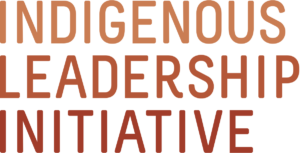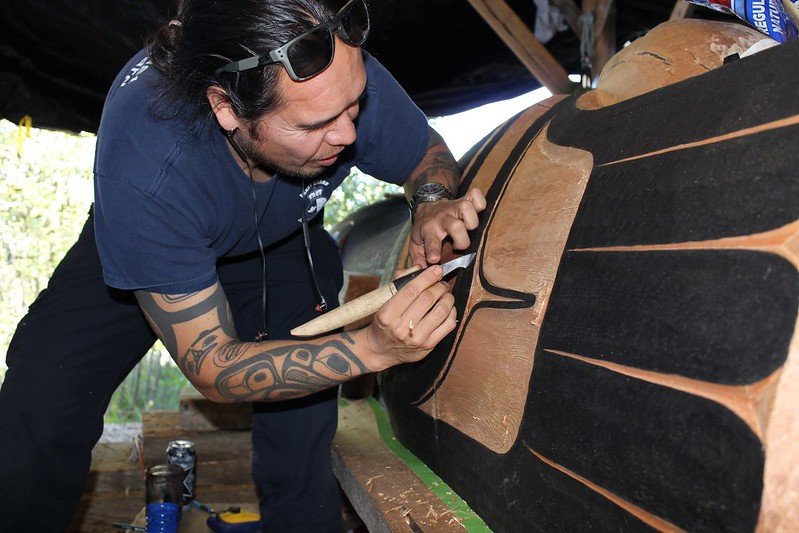Indigenous Nations Building Conservation-Based Economies
Photo credit: ’Qátuw̓as Brown
By Frank Brown
November 16, 2022
First Nations along the Pacific Coast have been at the forefront of protecting lands and waters for decades. From Gwaii Haanas to the Great Bear Rainforest and Gitdisdzu Lugyeks, we have drawn from our Nations’ knowledge and laws to create protected areas and sustain salmon, herring, and other animals. We have also worked hard to ensure these new areas support our communities. We are building conservation-based economies that sustain people and the land.
This model is becoming increasingly important. In December, countries of the world will gather in Montreal for once-in-a-decade negotiations about nature conservation. And in February, international delegates will come to Vancouver to focus on marine protection. In anticipation, Canada has already committed to protecting 30 per cent of lands and waters by 2030.
Indigenous Nations will play an essential role in achieving the 30x30 goal. But Indigenous-led conservation is about more than meeting targets.
As Indigenous place-based peoples, we live in these landscapes 365 days a year. We need to look not only at the ecological integrity of land and seas, but also the social and economic sustainability. We consider how people will continue to live in communities and support families when mining or forestry is no longer permitted. We envision the alternatives.
Conservation-based activities like ecotourism provide economic opportunities that reflect Indigenous stewardship. We are working to build Indigenous-owned ecotourism companies, guided by Indigenous values, managed by Indigenous people, and following policies established by Indigenous people. We see this as an expression of Nationhood and self-determination.
Photo credit: ’Qátuw̓as Brown
We also see it as a way to welcome people to our territories. The guest/host relationship is important in our cultures, and we view it as reciprocal.
People want to visit Indigenous Protected and Conserved Areas in ways that are mindful of community ethics and don’t feel extractive. We want to share our history and culture and provide context for visitors. We can create win-win opportunities for visitors to have beautiful, insightful experiences on the land and water, and for community members to benefit through an infusion of economic resources.
But we need to increase our preparedness.
More and more Indigenous communities are purchasing ecotourism businesses related to sports fishing, nature viewing, and kayaking lodges. There is a gap, however, in capacity around operations, finance, and marketing. To realize the full economic impact of these opportunities, we need to prepare people to manage these assets.
That’s why the Heiltsuk Tribal Council partnered with Vancouver Island University and North Island College to develop an Indigenous Ecotourism Education Program, a seven-month program for students from coastal First Nations. Each month, students and professors traveled to a new community where Indigenous tourism was delivered. Being in the field create opportunities to interact with local tourism owners, operators, and entrepreneurs who willingly shared their knowledge and helped expand networks for all participants.
We recently completed a report sharing some of our learnings from the sessions. Called Enhancing Community Capacity and Evaluating Place-Based Pedagogy in Indigenous Tourism, the report was produced with Vancouver Island University, North Island College, the Heiltsuk Tribal Council, and the Indigenous Leadership Initiative.
Our intention with the report is to mobilize the knowledge we have accumulated and share it with other Nations going on a similar journey.
Conservation initiatives have to work for Indigenous communities. We are past the time when priorities and programs were imposed on our people. Instead, we are creating a meaningful approach to conversation where communities are well resourced to do the work they have envisioned for themselves.
As one community member shared in our research, “Tourism is a way to not only support our economy but to sustain, revitalize, and steward our lands. To move forward in truth and reconciliation and invest in our young people”.
Photo credit: ’Qátuw̓as Brown




